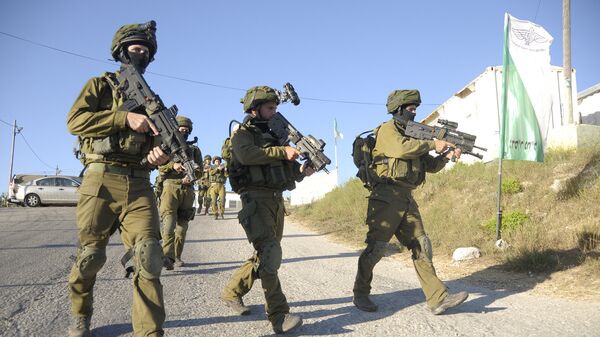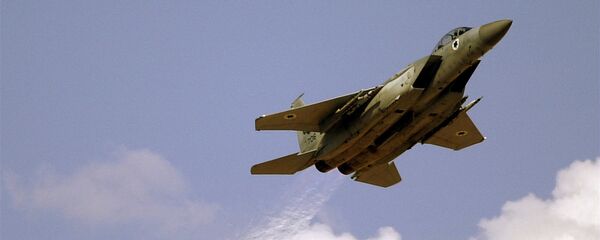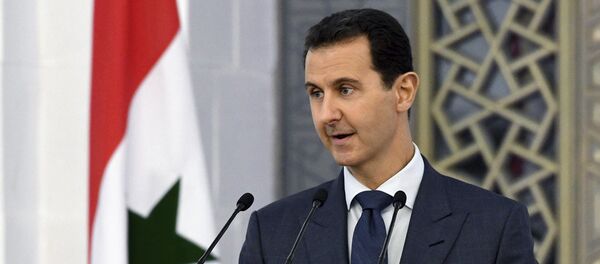Brick continued his barrage of criticism against the military over its allegedly catastrophic readiness levels on Wednesday, the day he was replaced by former defence comptroller Eitan Dahan.
"If there is a war, the trauma of Yom Kippur will be a walk in the park in comparison, Brick said, speaking to Israeli television.
Brick was referring to the October War of 1973 between Israel and a coalition of Arab states, which brought Israel to the brink of defeat and nearly sparked a wider war between the United States and the Soviet Union, whom supported opposite sides in the conflict.
According to the officer, Israel is currently "building the army into a situation where it can give an answer to two threats: Lebanon and Gaza. There seems to have been a change in the Middle East, the Syrians have returned. The main threat that has not been taken into consideration is near us. Our army is built for a region-and-a-half."
The retired official said his mission as ombudsman had been to 'burst the bubble' of the IDF's illusions. "The deepest secret of the army, that they do everything to keep safe, is that what happens in the army stays there. They have been doing it with amazing success until today, until this Brick comes and bursts the bubble," Brick said.
Prior to his retirement, Brick repeatedly criticised the military over what he perceived as its dangerous unpreparedness for war. Last June, he cited an acute shortage of doctors and psychiatrists, as well as cost-cutting measures, which he said had a negative effect on the morale of young officers and NCOs.
Brick blamed these flaws on the 2015 five-year reform strategy, which proposed reducing the number of career soldiers to less than 40,000, and reduced compulsory military service by three months for men. These changes resulted in burnout and the loss of motivation among the remaining officers, according to the ombudsman.
Israel had the 14th largest defence expenditure in the world in 2017, spending $21.6 billion, far outstripping most regional competitors, including traditional foe Syria, which spent $1.87 billion, and Iran, which spent $6.3 billion, according to Global Firepower. Israel is also believed to possess between 80 and 400 nuclear warheads, although its official policy is not to confirm or deny its possession of such arms. Israel has been involved in 14 conflicts in its 71 year history, including wars with Arab states, as well as limited conflicts with militant groups such as the Palestinian Liberation Organisation (PLO), Hezbollah and Hamas.




